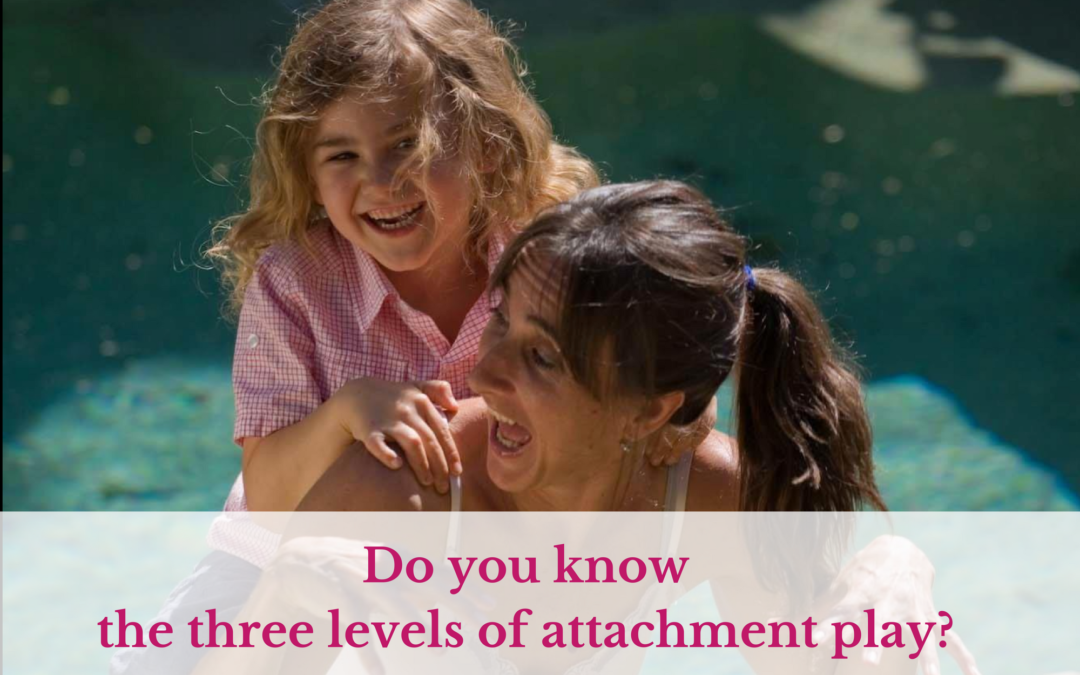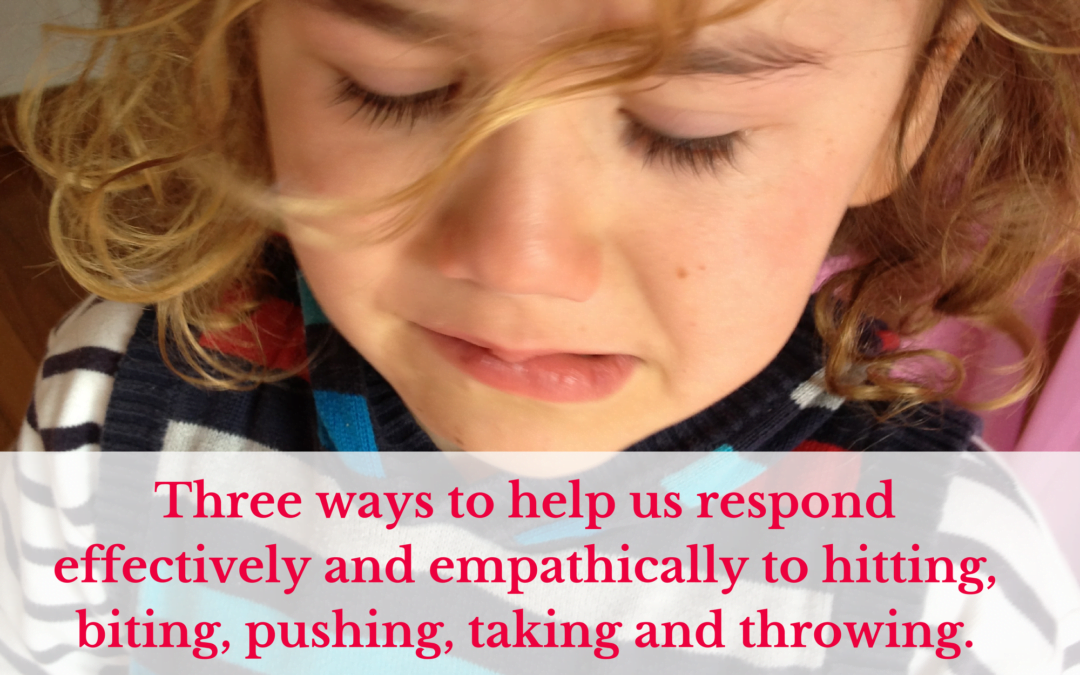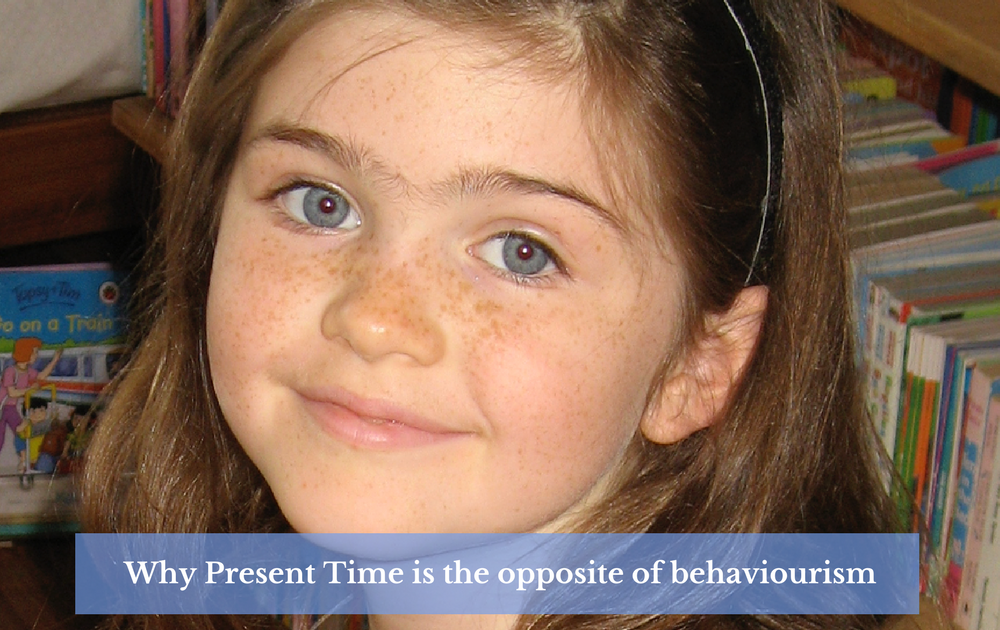
by Marion Rose | Jul 3, 2019 | Aggression, Aware Parenting, Power and Powerlessness in Parenting
When our child doesn’t do what we want, or keeps on doing something that we don’t want, there are three main options we have in terms of power. We can feel powerlessness, which often means frustrated too, and we then either give up on getting our needs met,...

by Marion Rose | Nov 16, 2017 | Aggression, Attachment Play, Aware Parenting, Cooperation, Crying, Introduction to Aware Parenting, Presence and Present Time, Present Time, Rage, Siblings
Hello! If attachment play is new to you, you might like to look at my free ebook on it HERE. If you’re already familiar with it, I wonder if you’ve thought about it operating at three different levels. This is how I think of it. CONNECTION AND CHOICE LEVEL...

by Marion Rose | Sep 26, 2017 | Aggression, Attachment Play, Aware Parenting, Connection, Loving Limits and Attachment Play, Loving Limits, Presence and Present Time, Present Time, Rage, Tantrums
In this article, I’m going to start with the three reasons why it can be hard for us to respond empathically and effectively to our children when they’re hitting, biting, pushing, taking and throwing. And then I’m going to talk about 3 ways we can respond to these...

by Marion Rose | Jul 11, 2017 | Aware Parenting, Babies, Birthing, Inner Loving Presence Process, Inner Loving Presence Process for Entrepreneurs, jealousy, Presence and Present Time, Present Time, Sweet Spots, Unassisted birth
Hello! I’m listening to Katy Perry’s ROAR as I write this LONG post. It has three parts: jealousy sweet spots, my son’s birthday, and my son’s birth. The birth part is for you if you are planning on having another baby. PART ONE –...

by Marion Rose | Apr 28, 2017 | Attachment Play, Aware Parenting, Aware Parenting and Sleep, Connection, Presence and Present Time, Present Time, Understanding our children
Hello! Behaviourism had a big effect on parenting; particularly the beliefs that: 1. Children need to be told how to behave in ways that we want them to; 2. We need to give them ‘attention’ when they are doing things that we want them to do...





